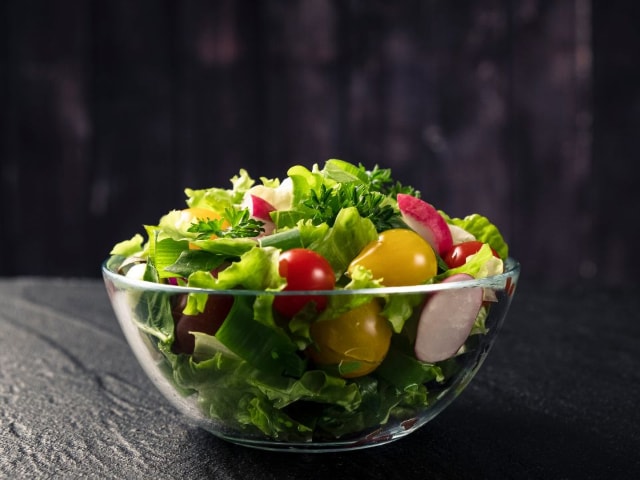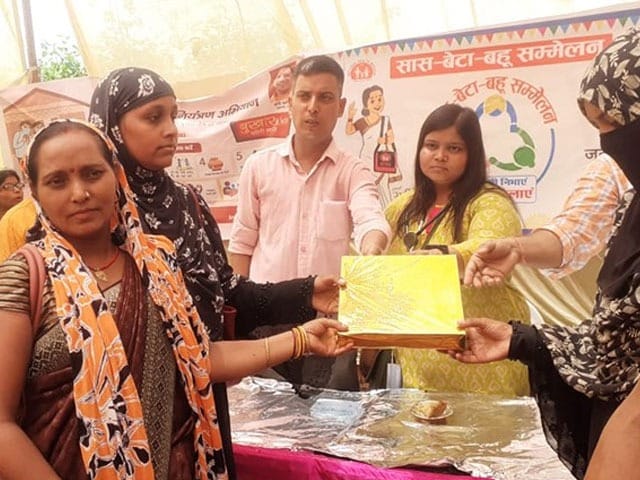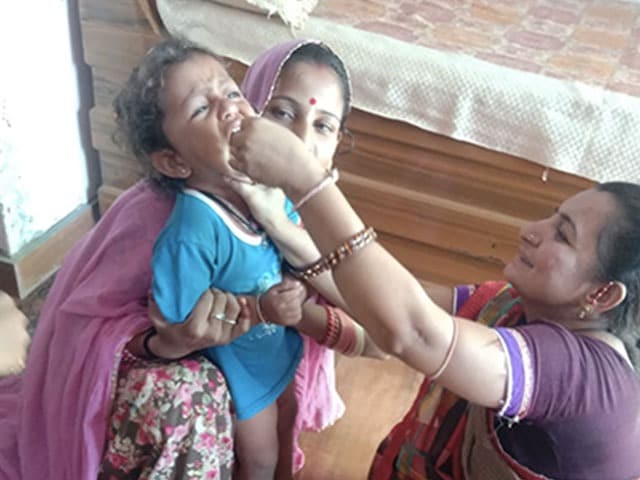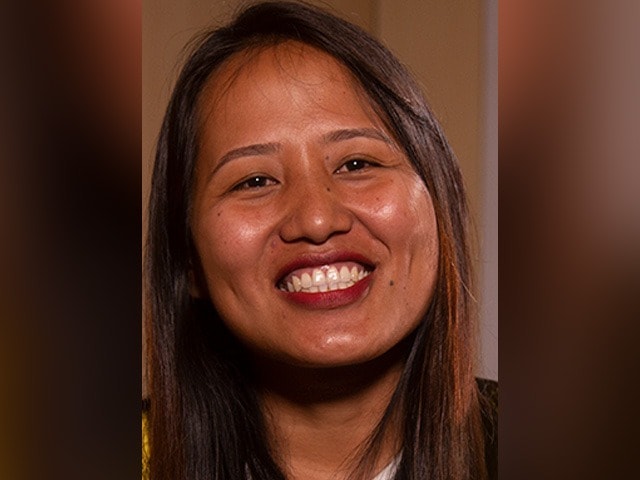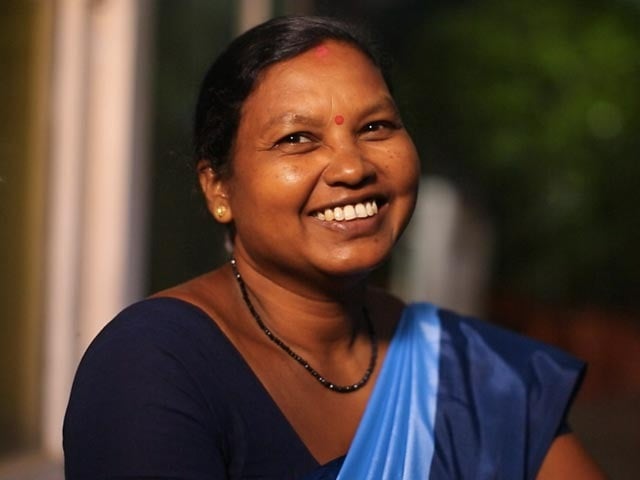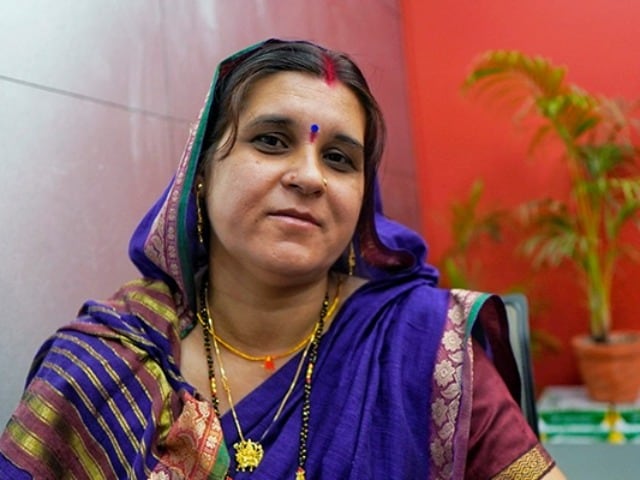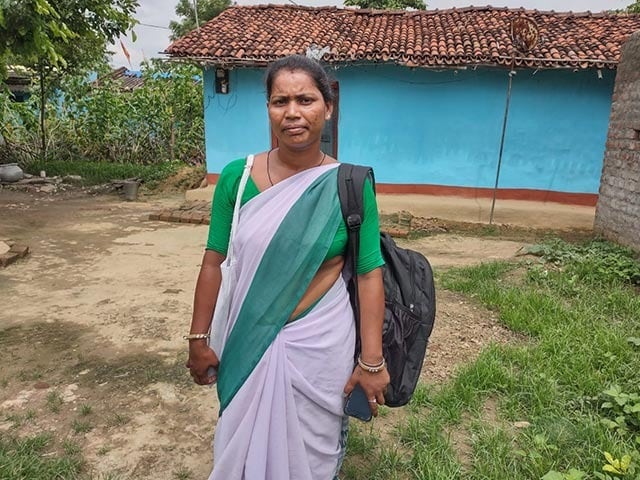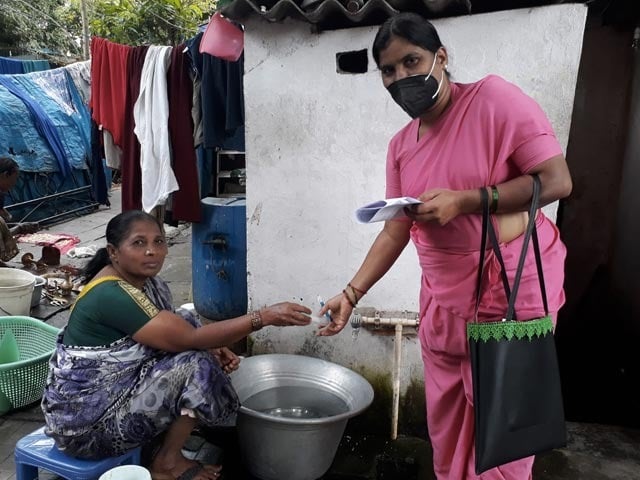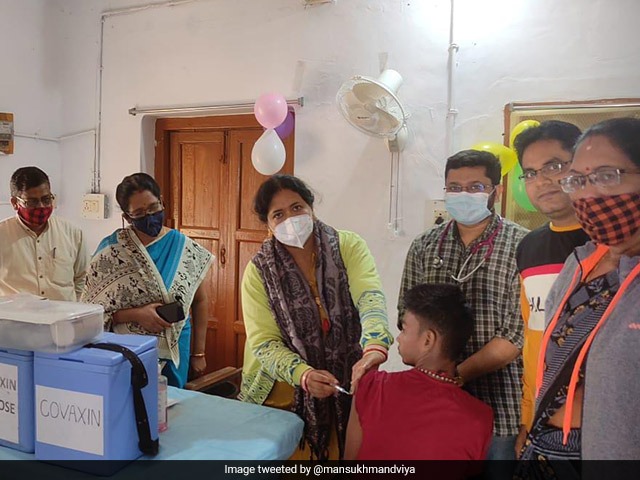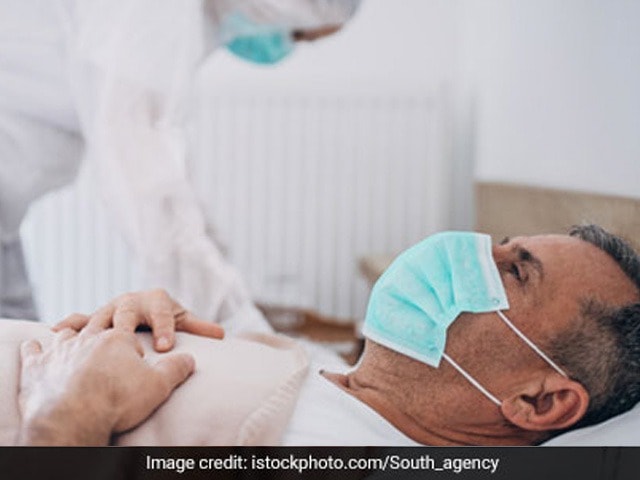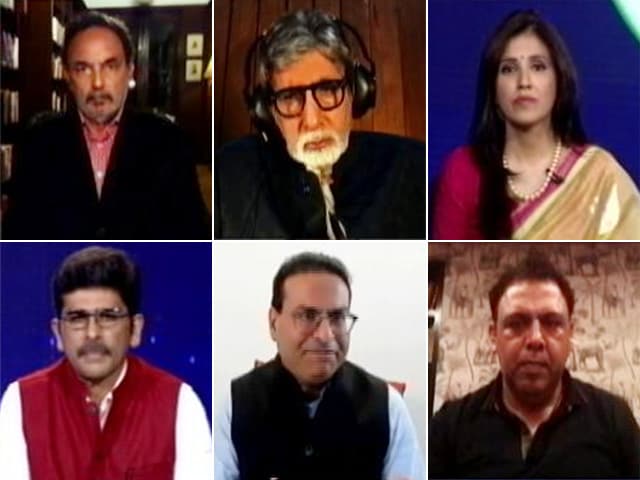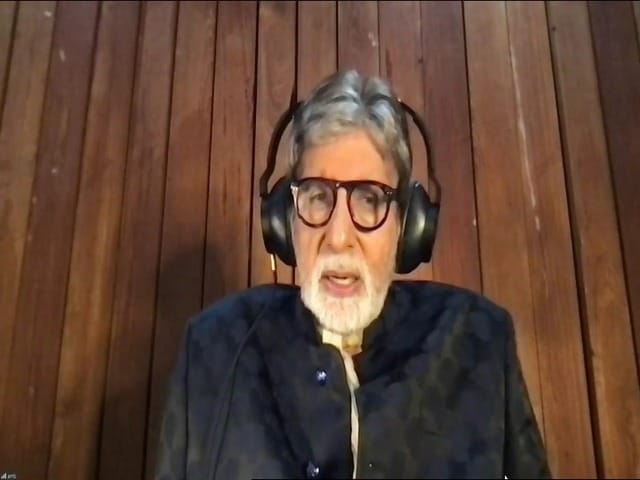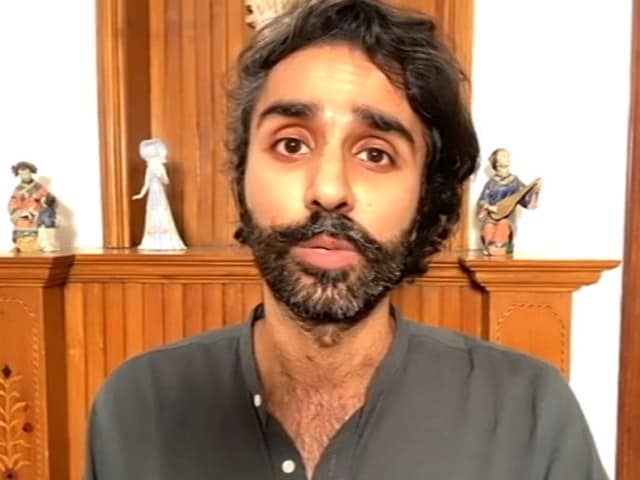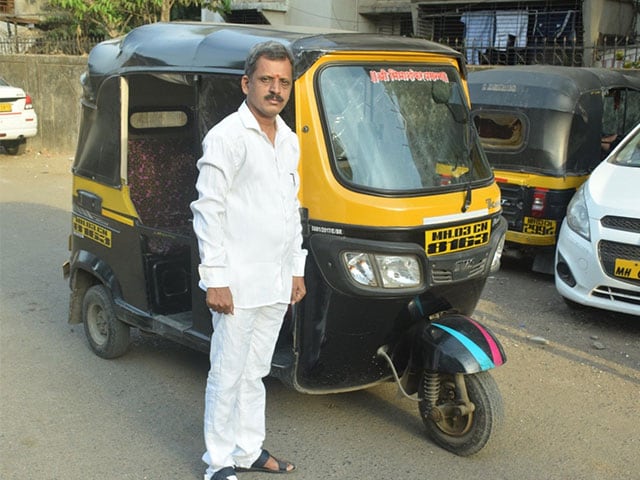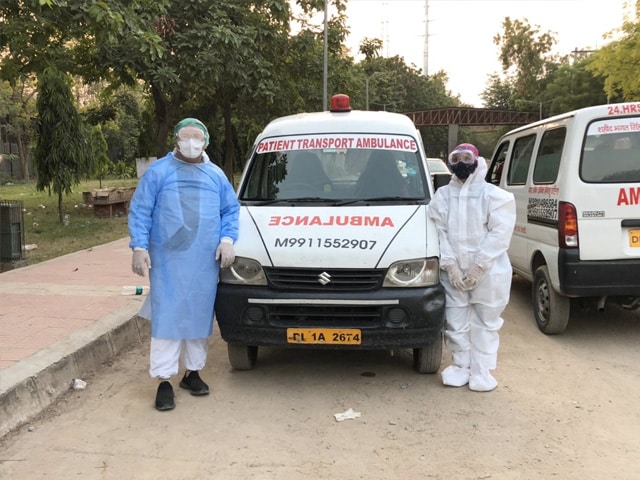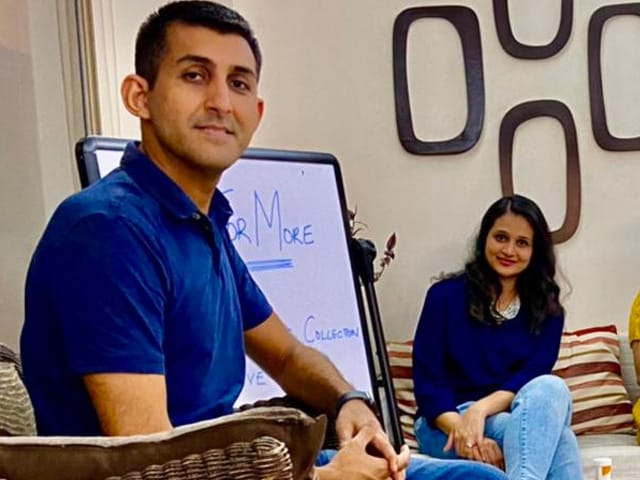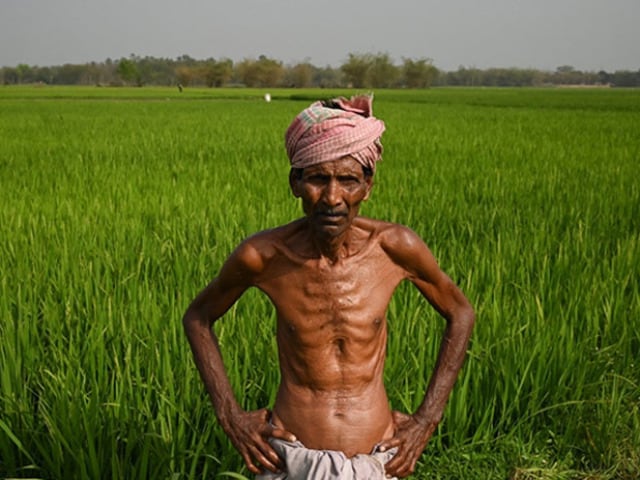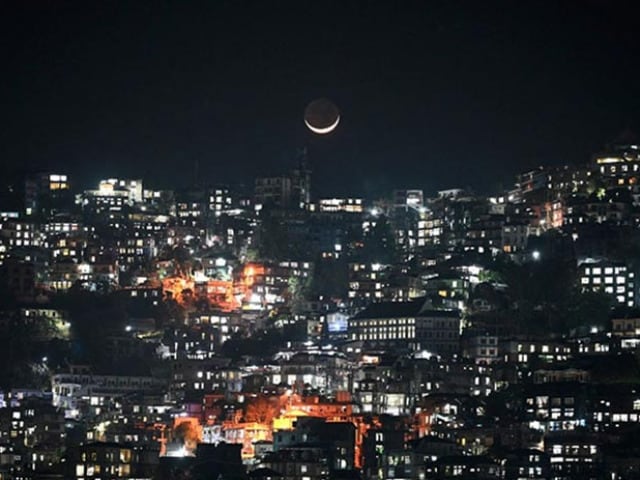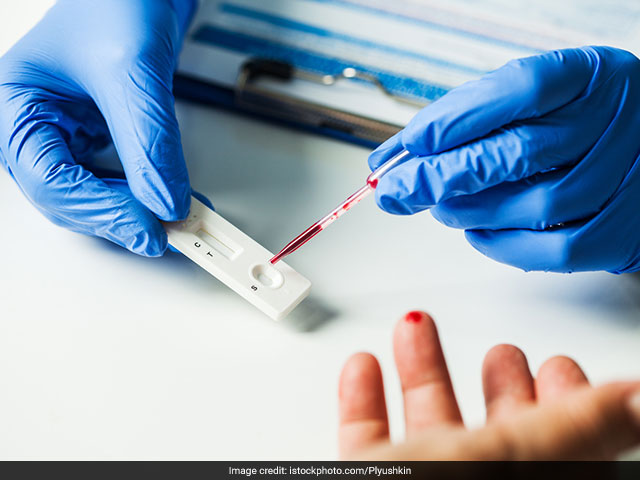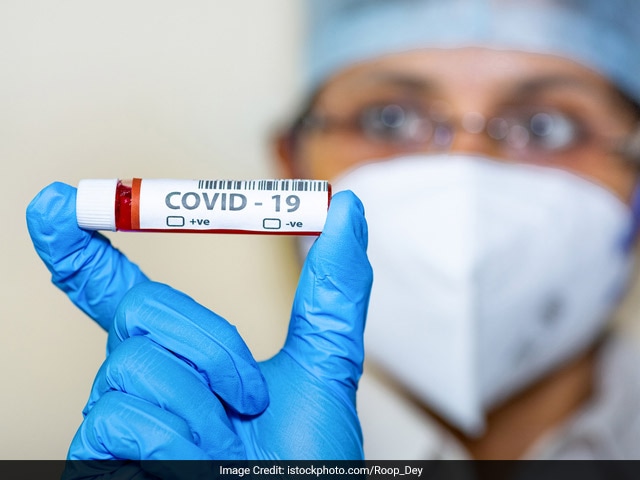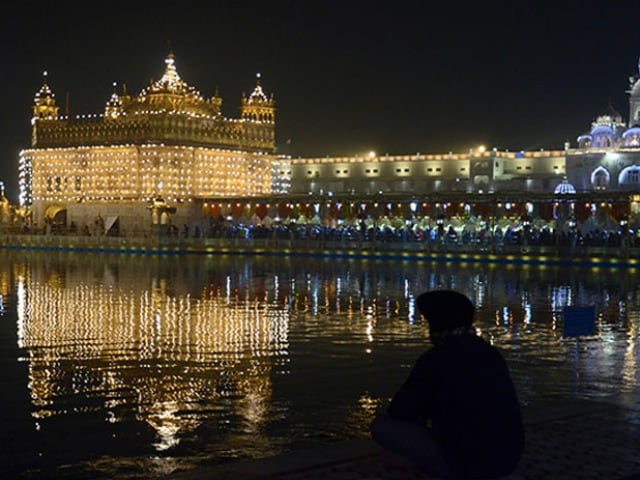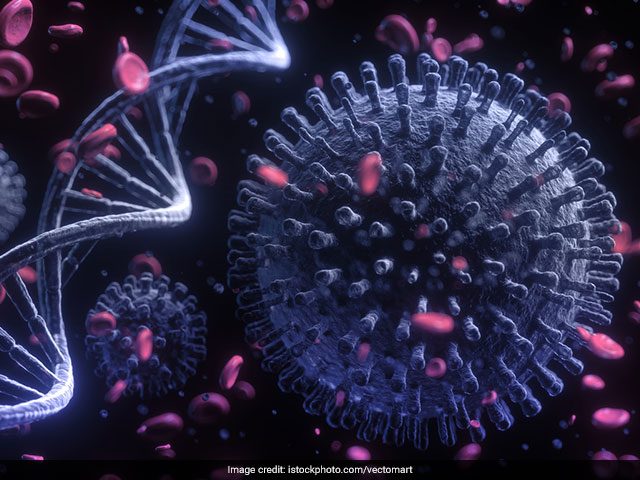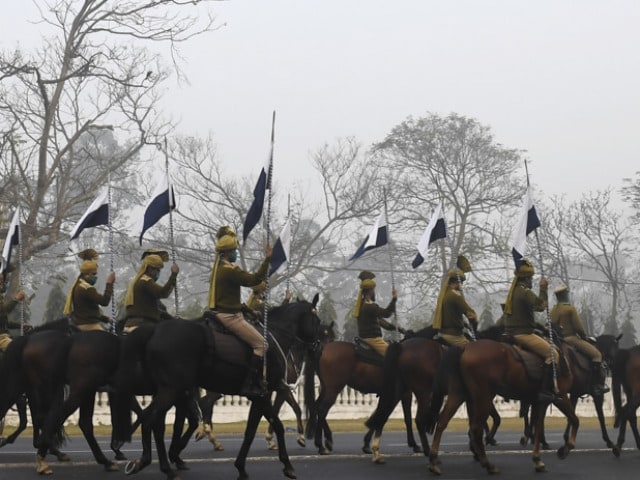coronavirus
'coronavirus' - 1000 News Result(s)
- Written by Shreya GoswamiFriday | February 13, 2026
Experts say early screening and vaccination can prevent miscarriage, birth defects and lifelong disability. Here's why testing during pregnancy is crucial.
- Written by Shreya GoswamiTuesday | January 06, 2026
Bronchial asthma often worsens in winter due to cold air, pollution and infections.
- Written by Manya SinghMonday | December 08, 2025
We often drink less water in winter because we don't feel thirsty, but dehydration dries out the mucous membranes in the nose and throat, your first line of defence against viruses.
- Press Trust of India | Friday | November 21, 2025 , Johannesburg
Prime Minister Narendra Modi arrived in Johannesburg on Friday to attend the G20 Leaders' Summit being held under South Africa's Presidency. Modi arrived at Waterkloof Air Force Base (AFB) in Gauteng, where he was accorded a traditional welcome.
- Written by Manya SinghWednesday | November 12, 2025
In this article, we share a list of small changes you can make to your routine today for better immunity this winter.
- Press Trust of India | Sunday | October 26, 2025 , Kolkata
After a hiatus of over four years, direct commercial air services between Kolkata and mainland China's Guangzhou city resumed on Sunday with the first flight taking off from the Netaji Subhas Chandra Bose International Airport at 10 pm.
- Edited by Nikhil PandeyFriday | September 12, 2025
In addition to showing a marked reduction in coronavirus infections, the azelastine group also displayed fewer symptomatic SARS-CoV-2 infections.
- Manya Singh | Wednesday | August 13, 2025
Desi foods to boost immunity: Keep reading as we list some desi affordable foods you must add to your monsoon diet for better immunity.
- Edited by Sanstuti Nath | Thursday | July 10, 2025 , Rome
Italian authorities have arrested a Chinese citizen, accused by the United States of being part of a state-sponsored hacking group that stole Covid-19 vaccine secrets from the US on behalf of Chinese intelligence at the height of the pandemic.
- Asian News International | Thursday | July 03, 2025 , New Delhi
A day after the Indian Council of Medical Research debunked claims of the Corona vaccine being responsible for the rising death cases among the youth, a panel of expert doctors from the All India Institute of Medical Sciences addressed the issue.
- Edited by Srishti Singh SisodiaTuesday | June 17, 2025
New Covid Nimbus: Designated as NB.1.8.1, the Nimbus strain is a descendant of Omicron. WHO has listed it among six variants under close observation.
- Reported by Pallav Mishra, Edited by Manjiri ChitreWednesday | June 11, 2025 , New Delhi
India's active coronavirus cases have climbed to 7,121, with Kerala fighting the latest resurgence of infections - followed by Gujarat and Delhi.
- Press Trust of India | Sunday | June 08, 2025 , New Delhi
Kerala continues to be the most affected state, followed by Gujarat, West Bengal and Delhi, according to the ministry.
- Reported by Tanushka Dutta, Edited by Manjiri ChitreSaturday | June 07, 2025 , New Delhi
While states are on alert, officials have said that the coronavirus cases are mild in nature and there is no need to panic.
- Written by Tanushka DuttaMonday | June 02, 2025 , New Delhi
India's active COVID-19 cases have climbed to 3,961 as per the Health Ministry's Covid-19 dashboard. According to official data, 203 new cases were added to the active case count since Sunday.
- Press Trust of India | Sunday | June 01, 2025 , Gurugram
Four more people were diagnosed with coronavirus infection in Gurugram on Sunday, a health department official said.
- Edited by Anjali ThakurSunday | June 01, 2025
Sikkim's ability to remain COVID-free in the current wave is being seen as a significant public health achievement.
- Edited by Pushkar TiwariSunday | June 01, 2025 , New Delhi
India reported 685 new COVID-19 cases between Friday and Saturday, along with four deaths, the official data showed.
- Reported by Tanushka Dutta, Edited by Manjiri ChitreSaturday | May 31, 2025 , New Delhi
According to the data by Ministry of Health and Family Welfare, Kerala has recorded 1,147 cases, Maharashtra 424, Delhi 294, and Gujarat 223.
- Asian News International | Wednesday | May 28, 2025 , Chandigarh
A 40-year-old patient on Wednesday succumbed to COVID-19 virus at the Government Medical College and Hospital (GMCH), Sector 32, said an official.
- Edited by Sanstuti Nath | Monday | May 26, 2025 , Washington
Several cases of the new COVID-19 variant-- which has been linked to a large surge of viral infection in China-- have been detected at US airports, according to Centers for Disease Control and Prevention (CDC).
- Reported by Tanushka Dutta, Edited by Chandrajit MitraMonday | May 26, 2025 , New Delhi
Over 100 new coronavirus cases have been found in Delhi amid a resurgence in the infectious disease that has claimed millions of lives across the world since 2020.
- Press Trust of India | Wednesday | May 21, 2025 , Mumbai
Maharashtra has reported two COVID-19-related deaths since January this year, the state health department said on Tuesday.
- Edited by Sanstuti Nath | Tuesday | May 20, 2025 , New Delhi
A resurgent wave of Covid-19 is spreading through Southeast Asia, with densely populated regions in Hong Kong, Singapore, China and Thailand witnessing a spike in cases.
'coronavirus' - 66 Photo Result(s)
In Pics: Best Moments From Telethon
Highlights
MoreMoney Raised Will Be Used For:
1. Support the most vulnerable families with Food Items/Unconditional Cash Transfer to ensure their survival during the days of maintaining ‘Physical Distance'.
2. Distribution of the ‘Safety Kit for Service Providers’ with Protective Gears/Personal Protective Equipment (PPE) among the frontline health workers and caregivers to protect them from infection. (N- 95 Masks, Hand Sanitisers, Gloves, Medical Aprons, Disposable Goggles, Handwashing Liquid).
3. Distribution of ‘Safety Kit for Community’ among the community members to help them protect from spread of the infection and installation of ‘Portable Hand Wash Stations’ at important places like Hospital, Panchayat, Health Centres, and at important places at community level also. (Hand Washing soaps, Liquid soaps, N- 95 Mask).
4. Help prevent the spread of COVID-19 among the vulnerable communities by creating awareness and sharing verified information about adopting prescribed protection measures through awareness vans, local media and digital messages.
5. Engage with the government and raise the issue of providing immediate economic assistance to the informal sector workforce and strengthening the public healthcare system by allocating more funds to it.
About The Partner
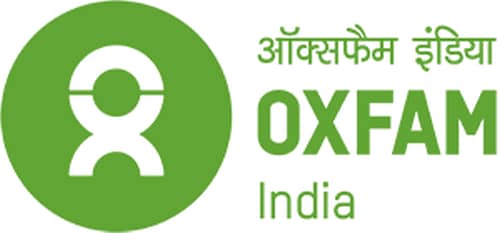
Oxfam has decades of experience in providing support, care and relief in times of crisis like these. From famine to Ebola we care for the poorest of the poor and help them survive and overcome tragedies like these.
Over the last decade itself, Oxfam India has delivered more than 40 highly effective humanitarian responses across the country; it has reached out to nearly 1.3 million people in India directly and supported affected communities of many times greater than size indirectly through recovery and Disaster Risk Reduction (DRR) interventions.
Oxfam India ensures that no one is discriminated against and no one is left behind. Let’s not forget those who have no homes, jobs, food.
Women and children need your support in this fight against coronavirus. Don’t leave them behind. They need our compassion and care.
*Disclaimer: NDTV is the broadcast partner for a 2-hour telethon by Oxfam India to raise donations to combat COVID-19 virus. The donations are received by Oxfam India and shall be utilized according to a plan prepared and monitored by them.
NDTV has no role to play in the use of donations and will not be liable for any claim(s) made by any person or entity, including any statutory or governmental authority, arising out of the collection or utilization of these donations.




























